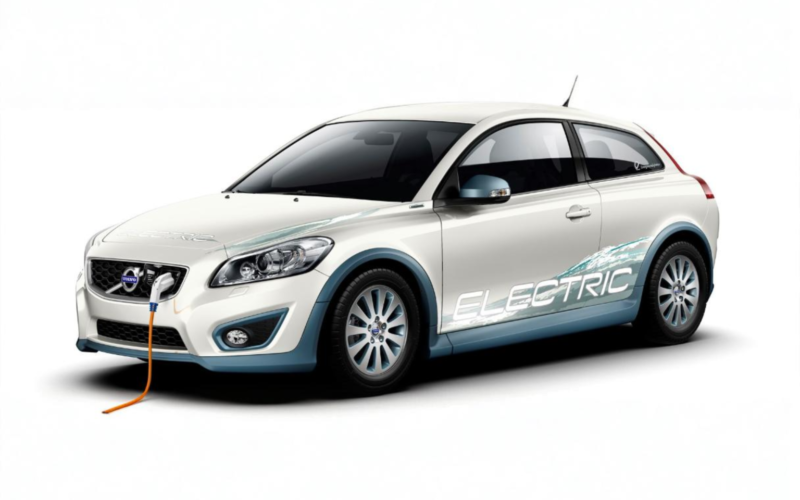Volvo Cars, based in Sweden and owned by China’s Geely Holding, has softened its goal of ending sales of internal combustion engine vehicles by 2030. The company attributed this shift to delays in expanding charging infrastructure and the reduction of purchase incentives, which it says may necessitate the continued sale of some fossil fuel-powered cars.
Volvo now expects that at least 90% of its lineup by the end of the decade will be electric vehicles, including both fully battery-powered models and plug-in hybrids that combine battery use with internal combustion engines. Additionally, up to 10% of its fleet could consist of “mild hybrids,” which rely mainly on combustion engines but use electric power stored from braking to aid acceleration and improve fuel efficiency.
The company explained that it is adapting to evolving “market conditions and customer demands.”
“We are resolute in our belief that our future is electric. However, it is clear that the transition to electrification will not be linear, and customers and markets are moving at different speeds of adoption,” CEO Jim Rowan said in a statement Wednesday.
Volvo’s electric push is largely influenced by European regulations, which will ban the sale of internal combustion engine vehicles by 2035, though exemptions may apply to cars using carbon-neutral fuels. These measures align with global efforts to cut greenhouse gas emissions under the Paris Agreement.
However, the shift to electric vehicles is facing challenges. Germany abruptly ended purchase subsidies this year, and charging infrastructure growth has been sluggish. As a result, many consumers are opting for internal combustion or hybrid vehicles that offer greater reliability if battery levels run low.
In July 2024, sales of battery-electric vehicles in Europe dropped by 10.8%, with their market share falling from 13.5% to 12.1%, according to the European Automobile Manufacturers’ Association.
Volvo also mentioned “uncertainties” regarding new tariffs on Chinese-made electric vehicles. The US has imposed a 100% tariff, blocking most Chinese cars, while the EU has added tariffs between 17.4% and 37.6%, though they are not yet enforced as trade negotiations continue. These tariffs could raise prices, particularly as lower-cost Chinese EVs are restricted from the market.
Volvo is one of several automakers adjusting its electric vehicle targets. Mercedes-Benz recently pushed its goal of 50% electrified vehicles from 2025 to 2030, while Ford has postponed or scaled back its electric vehicle investments and models.
















